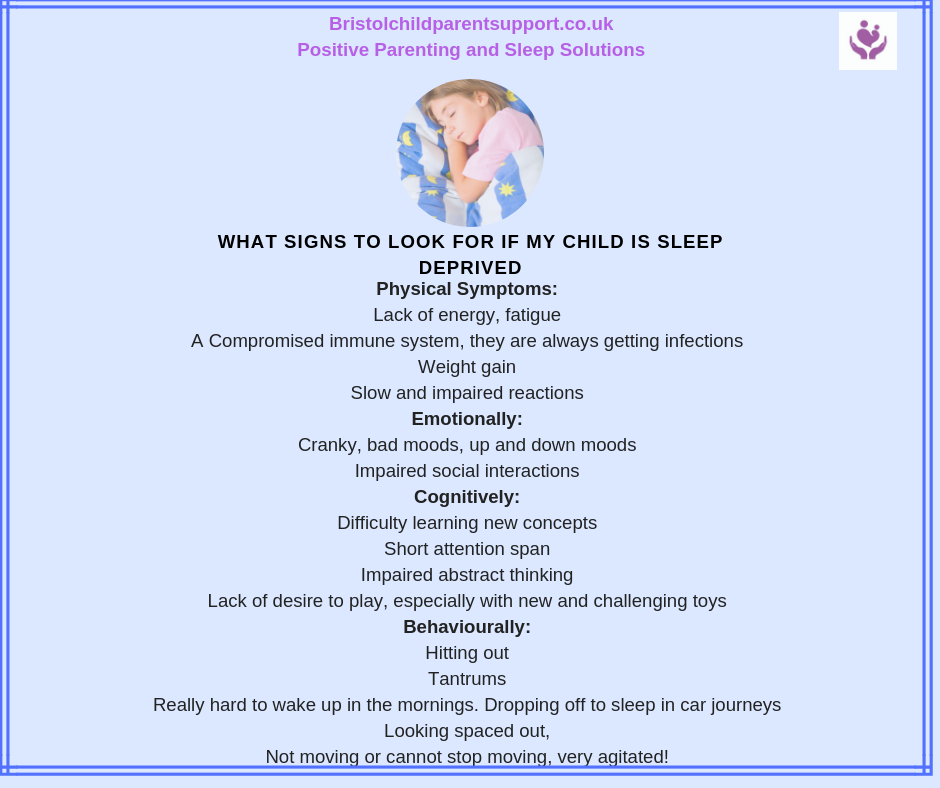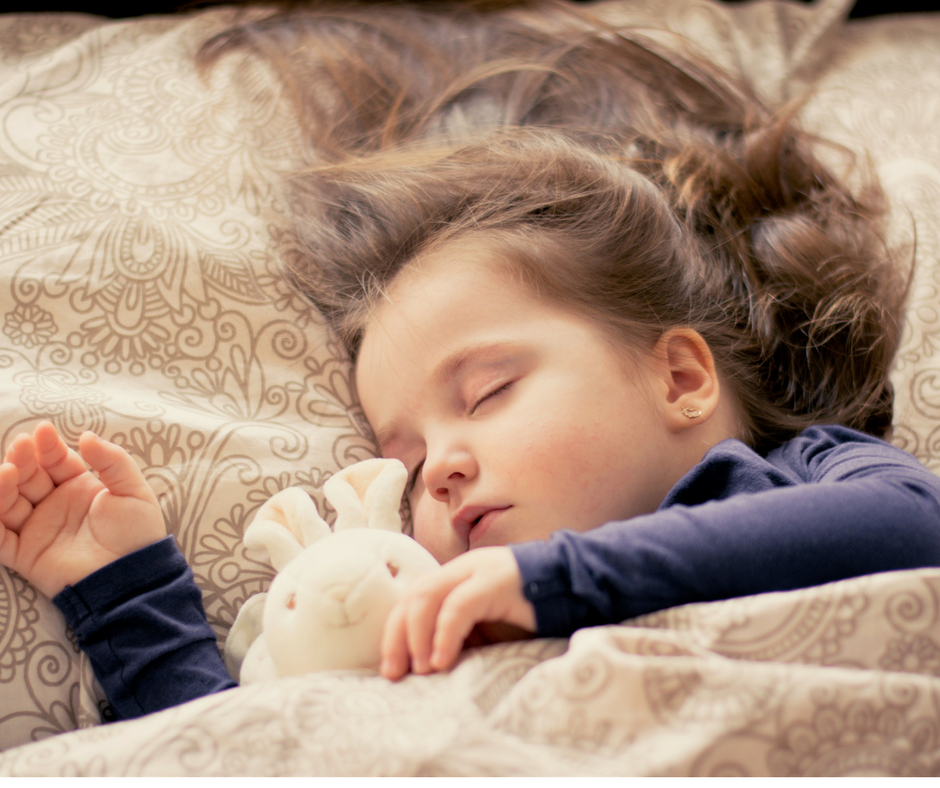Why may you need a sleep consultation?
I am passionate about you and your child, having a deep sleep every night. You may not know that sleep problems can sometimes be an invisible risk, and can also create a red flag for developing problems in the future. Therefore, it is important for me to raise awareness of sleep difficulties and help you address them when they occur. In some cases, sleep is among the most common symptoms reported in young people with mental health problems (e.g., Goodyer et al., 2017). Poor sleep can exacerbate other symptoms of mental health problems, such as difficulty concentrating, thinking, planning, and making judgements, or feeling exhausted and hopeless.
I want to help you in a consultation
I offer gentle evidence-based sleep advice for parents and children from 7 to 18 years of age. I specialise in children suffering from anxiety. Be a proactive parent; help your family with evidence-based advice and sleep information.
How do you work in a consultation?
It depends on the age of the child, and you and your family. Often it includes:
Improving sleep by establishing good bedtime habits and sleep cues; helping children and babies associate the bedroom with sleep; teaching gentle, self-soothing, and cognitive behavioural (dependant on cognitive capacity) techniques; and creating a ‘sleep prescription’ with a sleep diary. The main aim is for your baby or child to sleep independently. This seems simple, but since it is important to be consistent, it can take time, and because every family is unique.
What signs to look for if your child is sleep-deprived?

Click below to listen to the Sleep Workshop I offered in Lockdown (for some unknown reason, my voice seems much lower on Zoom).
About the video session
Takeaways
Why is Sleep so Important?:
- Recovery – rest for the body, cell growth, housekeeping for the body
- Protection – keeping quiet and still reducing risk from predators
- Energy regulation – use less energy when asleep
- Memory consolidation – formation of long-term memories and learning.
- Growth Hormone is stimulated (yep, sleep helps children to grow)
Why can it be so tricky to get my baby/toddler to sleep? A bit of the science
Babies are not born with a 24-hour wake/sleep cycle (Circadian Rhythm). It can take up to six months. You must try to help your baby develop the right cues for sleep.
Here is an excellent tip from Gwen Dewar, Parenting Science, to help your baby/child now (a great Website)
Studies show babies adapt more quickly when parents give them the right “zeitgebers,” or environmental cues about the day (Custodio et al. 2007; Lohr et al. 1999; Tsai et al. 2012). Expose your baby to natural daylight, and involve your baby in your daytime activities, stimulating the hustle and bustle. When evening falls, protect your baby from exposure to artificial lighting. (Remove lights on the blue spectrum, and replace them with lights on the red/amber spectrum).
I offer sleep consultations from 7 months to 18 years, and workshops below.
Reasons your baby may not sleep:
- Parental Stress: Picking up on Mommy and Daddy stress, your child may be picking up on your anxiety or low mood and may need more reassurance at night (the sleep state is a long time away from mummy and daddy if the day has been fraught.
- Inability to self-soothe: Babies often fall asleep easily when held, rocked, etc., by their parents, but wake up immediately when set down. Babies may still be learning to self-sooth.
- Daytime and nighttime reversal: As young babies have not yet developed circadian rhythms, they may not have straight night-and day. Some get them mixed up, sleep all day, and then want to stay up at night.
- Sleep regressions: During specific periods of development, babies may be especially sleep-challenged. They may have more trouble sleeping as they develop motor skills, grow teeth, or learn new things.
- Nighttime feedings: Most babies won’t sleep through the night until six months or older. Very young babies will need multiple night feedings — exhausting but necessary. Most babies expect one to two-night feedings, but three or more may be excessive.
- Nighttime stimulation: They can get stimulated while feeding or changing your baby at night. This may make them more fully awake and cause difficulties falling back asleep. Parents should take care to avoid entirely rousing babies at night.
- Separation anxiety: Young children can develop separation anxiety, often expressed as needing one or both parents at night. This is normal, and they should grow out of it, but if not, do contact me.
Common Sleep Problems I work with pre-schoolers up to age 12:
Nighttime fears and anxiety.
Many parents struggle to help their children with anxiety and nighttime fears. Fears and worries are widespread at night. It is normal for children to feel scared of monsters, ghosts, the dark, noises, and intruders. Before the age of six, children struggled to distinguish between fact and fantasy. These fears are genuine, and until you recognise and address the concerns, sleep training (relearning) will be ineffective.
Here is a sleep meditation I wrote for children who struggle with anxiety and find it difficult to “let go at night”. I hope it helps you and your child.
Additionally, children who suffer from daytime anxieties—about school, separation from parents, or other concerns—are more likely to fear the dark and sleep alone (Gregory and Eley 2005). If you help your child with daytime worries, their sleep is expected to improve. (Gwen Dewar Parenting Science)
Concerning anxiety, sleep is an extraordinary phenomenon. In western society, children sleep in isolation. This means they are away from us for a long time. Sometimes it is not only our children who can be anxious, but also you. You may fear something may happen to your child during sleep. Reflect on how bedtimes and separations were negotiated in your childhood. Was there a death or accident in the family? Do you notice that you hold on and feel unable to let go?
Helping your child sleep in their bed.
Moving children from cot to bed or co-sleeping to their bedroom can be problematic. It is important to do small stages gently and include your child.
Establish a bedtime routine.
A simple routine can be bath, bed, story, and cuddle. When you regularly initiate this routine, it becomes a sleep cue. Establishing sleep cues helps signal to the body that it is time to wind down and get ready for sleep.
Often parents struggle with a consistent bedtime routine; it should be straightforward and 40 minutes maximum.
Resisting going to bed.
If your child suffers from anxiety, they are likely to resist going to bed, stall, or seem “wired”. They may beg for a snack, want another story, and even have a meltdown or tantrum. Be consistent, and manage the “fears” for effective sleep training (relearning). This is where most parents go wrong.
Teaching them to self-soothe.
Self-regulation (self-soothing) is the ability to manage your emotions and behaviour following the demands of the situation. It includes reading others’ emotions and having the power to calm/self-sooth when you get upset, or be flexible to change an expectation or routine. Children are not born with the ability, and it is something that they develop over time. “Letting go to sleep” was one of the first regulations. I see many parents whose 6-year-old needs a mummy or daddy to sit, stroke, or be there while they go off. It’s tough for everyone and cuts into the evening for couples.
Night wakenings
It is a myth that children or we do not wake at night; we all do. Some children wake up due to anxiety, nightmares, or other issues. If your baby or child can self-soothe, it will be easier to return to sleep.
How do you work?
Sometimes one consultation with me will be enough to get you or your child on the right track. But these things can take time, especially if your child cannot self-soothe, is anxious, or has a history of trauma.
What happens in a consultation?
Step one – consultation
Before a session, if possible, I will ask for a sleep diary of at least three days. This will include details of naps, feeds, and nighttime wakings. My focus is on gentle strategies and building solid and secure attachments. Your child must learn to self-soothe. My methods are not about disguised, controlled crying. I find a successful outcome that the family feels comfortable with, making it easier and safe for your child. Please note I cannot diagnose medical disorders; you may need other treatment from your GP or Paediatrician.
Step two – Consultation and design of the sleep plan
We meet or talk via the telephone or Zoom. I take a complete history, birth, developmental, and what’s worked. We will agree a plan tailored to your family’s needs. Whatever your child’s age, it’s vital that they learn to self-soothe, manage their anxiety, and then sleep relearning is more effective. Often parents do not attend to these needs first.
Step three – Follow-up
Often parents contact me with complex and long-term difficulties, so follow-up can be discussed at the consultation.
Packages:
- A one-off consultation (face to face in the clinic, via telephone or Zoom) for an hour and a half – £130 (paid in advance via PayPal, it is not refundable, but I am happy to rearrange if you give me 48 hours notice)
- For talks within your company or group (don’t hesitate to contact me for fees)
- Further sessions are at the hourly rate, or you can book six for £425
I can provide a free 10-minute call to discuss your issues, which can be booked in advance.
Contact me if you would like to book a sleep consultation.



